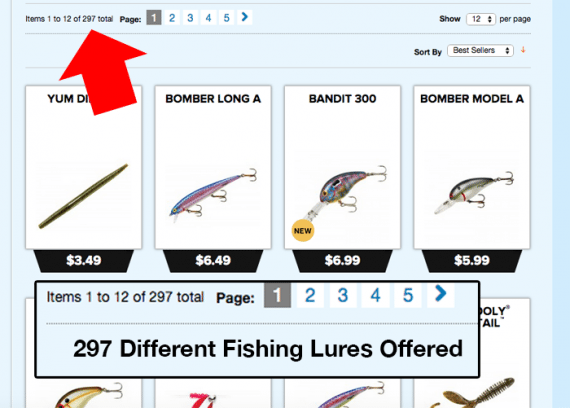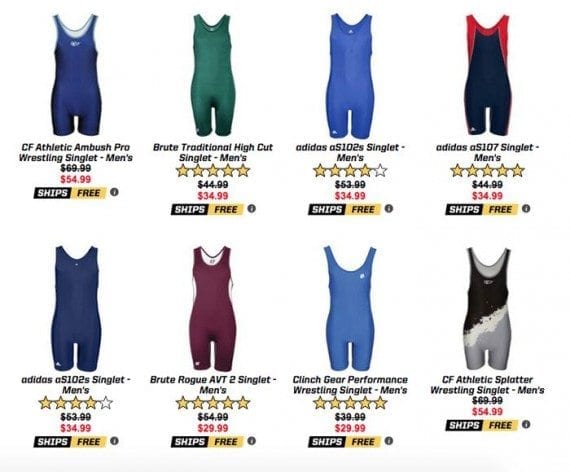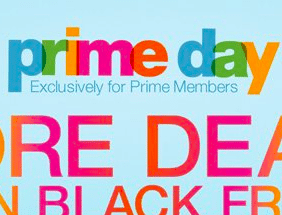When shoppers cannot find niche products at big box stores or large ecommerce shops, they seek out small Internet retailers.
Online stores like Amazon and Walmart carry thousands of products. These and similar massive online retailers offer so many products that, perhaps, one would imagine that these companies have everything. But that is simply not the case. In fact, product selection may be one of the top reasons that shoppers turn to relatively small online retailers.
Unique and Hard-to-find Products Drive Shoppers to Small Businesses
In a recent survey of more than 5,000 American shoppers, the United Parcel Service (UPS) and trend tracking firm comScore found that some 61 percent of respondents made a purchase from a small ecommerce business because that business offered a unique product not available from larger competitors.
Similarly, some 49 percent of the shoppers UPS and comScore surveyed chose to buy from small online sellers because those shoppers could not find the product they wanted on a larger competitor’s site. Another 26 percent said that a broad product assortment was another reason for buying from small online retailers.
There are a number of reasons that small sellers may do a better job with niche products, including product depth, product knowledge, and much lower overhead costs.
Product Depth, Breadth May Make Small Retailers Better
In terms of the sheer number of products offered, small retail businesses simply cannot match the cornucopia of products that a large or even a mid-market retail business can stock. It is not uncommon for some large retailers to have hundreds of thousands different stock keeping units (SKUs), even within a group of products.
Nonetheless, small retailers can offer greater breadth and depth within a particular product category, and this category-specific depth may be what the shoppers that UPS and comScore surveyed described as “broader product selection.”

A specialty retailer may have many times the number of products in a particular category as a relatively larger mass-market retailer with more product categories.
As an example, there is a mid-market, brick-and-click retail chain in the Northwest that carries more than 90,000 product SKUs. Among these many thousands of products, this retailer carries roughly 24 different fishing lures.
In contrast, there are several, small online specialty fishing stores that carry a few hundred different fishing lures. This incredible product depth and breadth within the fishing lure category attracts shoppers. It is this category-specific product depth and breadth that allows some small ecommerce businesses to compete very favorably with large online sellers.
Product Knowledge and Selection as Important as Depth
Sometimes it is not the number of products within a category that matters as much as which products are offered. This is another area wherein small retailers may have a distinct advantage.
Take the example of wrestling singlets. Youth, high school, and college wrestlers wear singlets when they compete. When athletes wrestle for a particular school in sanctioned events, they typically wear custom singlets unique to their team. But when those same wrestlers compete in freestyle or Greco-Roman tournaments under the auspice of USA Wrestling or the Amateur Athletic Union, they may wear any predominantly red or predominantly blue singlet they wish. Very often, these competitors, given the choice of any singlet they can find, choose very graphic ones that might remind you of the best t-shirt art you’ve seen.
Given this special information about wrestling and wrestling singlets, a small retailer directly involved in the sport may do a better job of stocking the wrestling singlets that shoppers are most likely to buy.
As an example, there are many general sporting goods stores online that offer more than 2-dozen choices for wrestling singlets, but frequently these choices are relatively bland.

Sometimes a relatively large retailer may have many items to select from, but those items might not be the most popular in the category.
A smaller specialty site like Damaged Ear (named for an unfortunately common wrestling injury) may have more unique choices, like Pokémon-themed singlets or singlets featuring characters from the movie the Hangover.

A merchant with industry knowledge may choose better products.
It is the small retailers’ product and industry knowledge that allows them to recognize and stock the unique products that some customers will seek out and pay a premium for.
Lower Overhead Costs May Help, Too
Finally, relatively small online merchants may have a distinct advantage in overhead costs and warehouse costs where product lines are concerned.
Think of it this way. Even very large online merchants have limits in warehouse space or the number of dollars they can invest into inventory. And this large merchant is also trying to appeal to a wide range of customers. So given these constraints, this retailer might carry 10 styles of men’s dress shoes, 10 styles of men’s casual shoes, and 10 styles of men’s running shoes.
A relatively smaller retailer specializing in men’s running shoes, however, might easily carry 30 styles.
This is possible because the investment required for a large retailer to add breadth in running shoes is significantly greater than the investment required for the smaller retailer.
When the large retailer adds running-shoe styles, something else in the warehouse must go. The larger retailer also needs more inventory turns. It costs money to have an item sitting on the warehouse self, taking up space that another faster selling or better-margin product might otherwise use.




